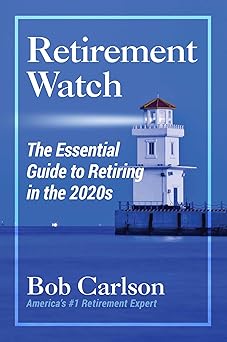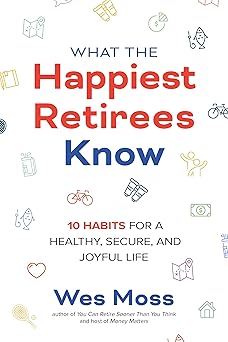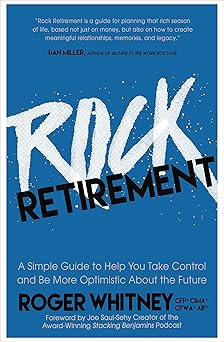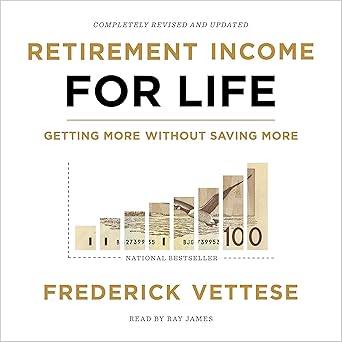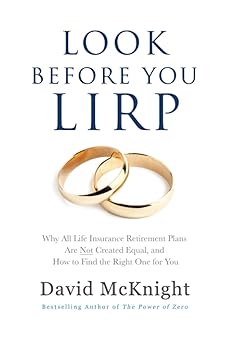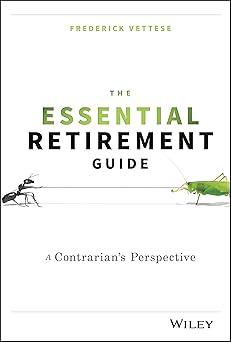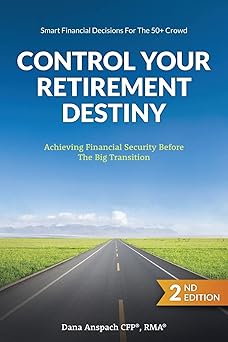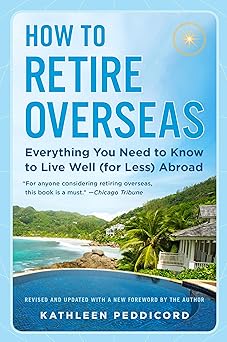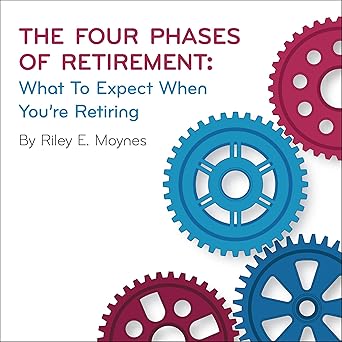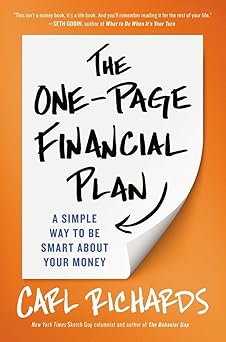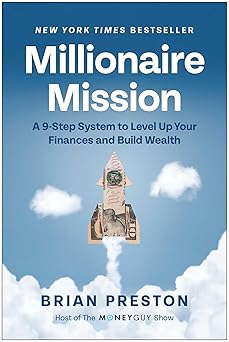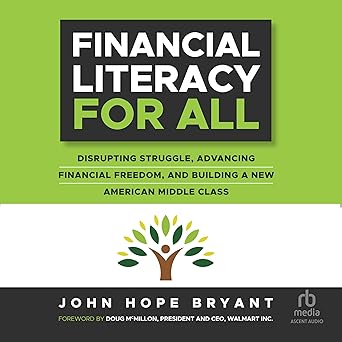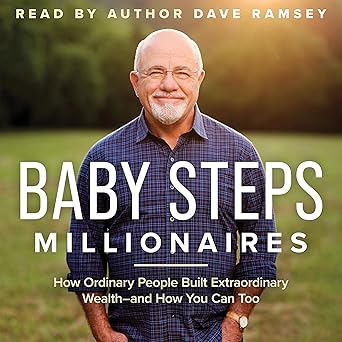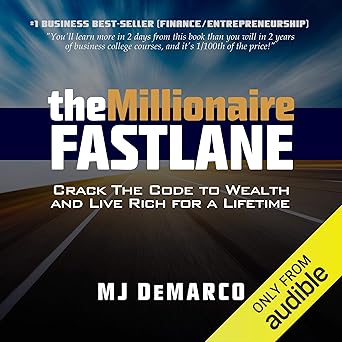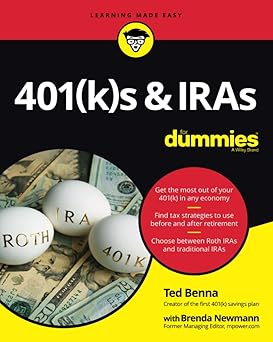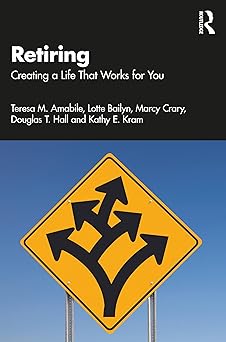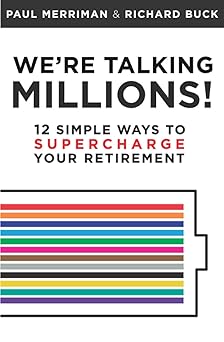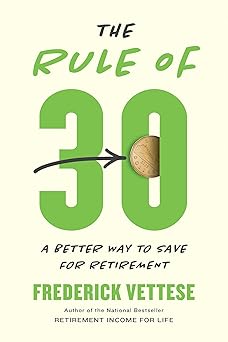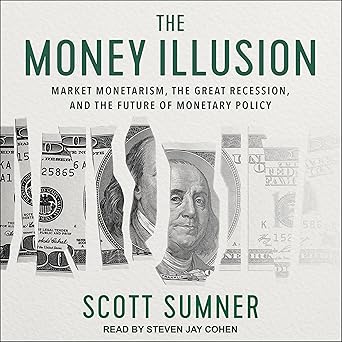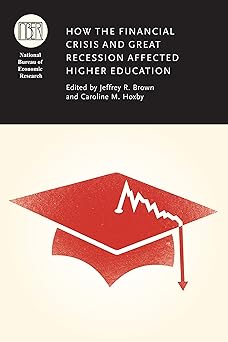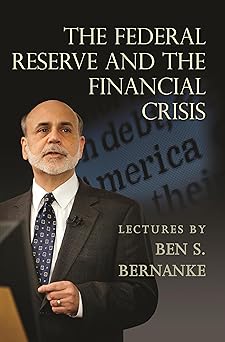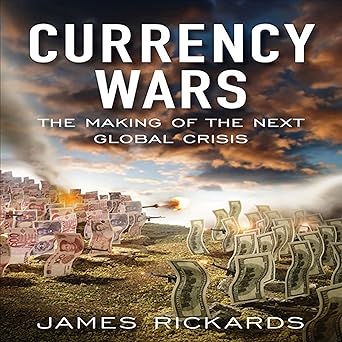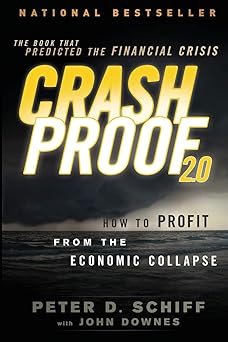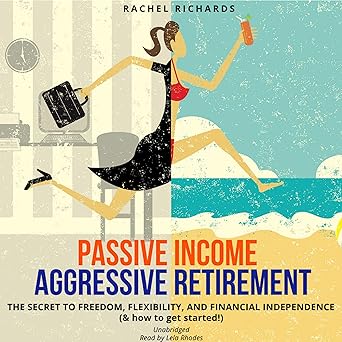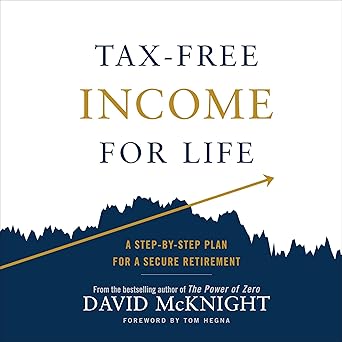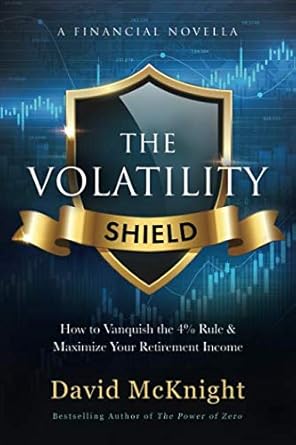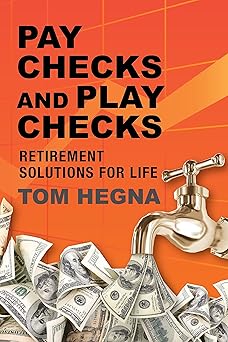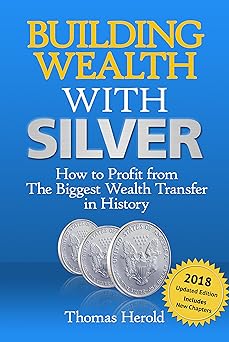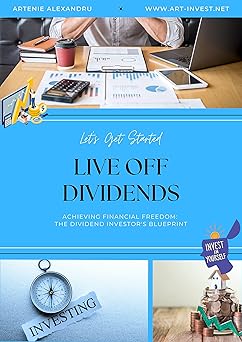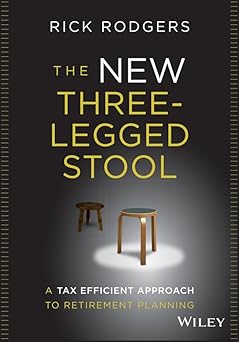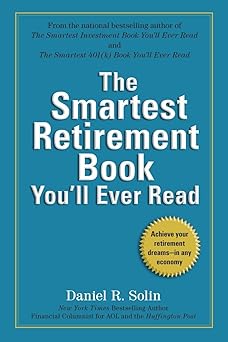It's unsettling, isn't it? That feeling in the pit of your stomach, the news headlines that seem to shift from bad to worse, the worry about what the future holds, especially when it comes to money and stability. I remember a few years ago, when my dad lost his job unexpectedly. It wasn't just about the loss of income; it was the fear, the uncertainty, the feeling of being adrift. It made me realize how fragile things can be, and how much we all rely on a stable economy. Lately, it feels like we've been living under that cloud of uncertainty again.
That's why I put together this reading list. These books aren’t light reading – they dive deep into the complexities of economics and finance. But they offer crucial insights into what went wrong in the past, what’s happening now, and, most importantly, what we can do to build a more secure future. They're a way to understand the forces at play and to feel a bit more prepared for whatever comes next. Let's explore them together.
All the Devils Are Here: The Hidden History of the Financial Crisis
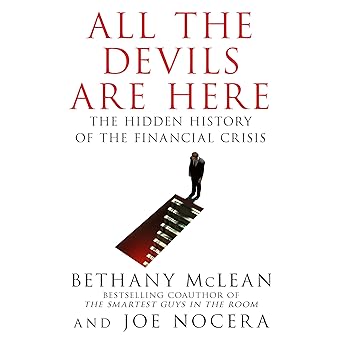
The financial crisis was a time of great turmoil and finger-pointing, with many people wondering who to blame. The two authors, Bethany McLean and Joe Nocera, bring a unique perspective to this story, exploring how multiple factors contributed to the crisis. They delve into the motivations of CEOs, politicians, and ordinary people, as well as the powerful mythology of homeownership. What I found particularly striking about this book is how it reveals that the crisis was not just about finance, but about human nature. The authors explain that the crisis was caused by a complex interplay of factors, including greed, misguided regulations, and a flawed system that prioritized profit over people. This book is a must-read for anyone trying to understand the crisis, as it provides a detailed and nuanced exploration of the events that led to it. What I love about this book is how it shows that the crisis was not just a result of bad decisions, but also of deeply ingrained societal issues. The authors' ability to piece together the story of the crisis, and to reveal the complexities and nuances that underpinned it, is truly impressive.
Discover this book on Amazon (affiliate link)
House of Debt: How They (and You) Caused the Great Recession, and How We Can Prevent It from Happening Again
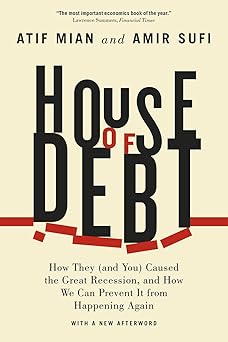
The story of the 2008 economic crisis is one of rising debt and devastating consequences. In the years leading up to the crisis, the total amount of debt for American households doubled to $14 trillion, with millions losing their homes to foreclosures. It's hard not to think of the families who lost everything, including their homes, their jobs, and their peace of mind. As I reflect on the impact of this crisis, I'm reminded of the countless individuals who struggled to make ends meet, struggling with the weight of debt that seemed insurmountable. I think of the families who had to choose between paying their mortgage or putting food on the table. The economic downturn had a profound impact on our country, with eight million jobs lost and the economy in shambles. But what if this crisis could have been avoided? This is the question that Atif Mian and Amir Sufi set out to answer in their book House of Debt. They argue that the root cause of the crisis was a massive increase in household debt, followed by a sharp decline in spending. This, in turn, led to a vicious cycle of foreclosures, job losses, and economic instability. So, what can we do to break this cycle? Mian and Sufi propose a bold solution: debt forgiveness, and a new approach to mortgage contracts that prioritizes risk-sharing. By reducing the amount of debt, people would be able to spend and save more, creating a more stable economy. It's a straightforward solution, but one that requires a fundamental shift in our approach to finance. The book offers a compelling argument, backed by thorough economic evidence, and raises essential questions about our economy, such as how we can prevent similar crises in the future.
Discover this book on Amazon (affiliate link)
End This Depression Now!
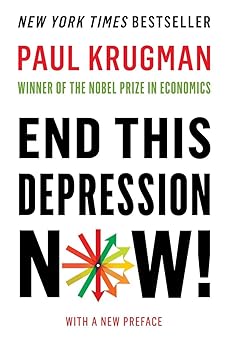
This book is a powerful and thought-provoking call to action that offers a glimmer of hope in a time of great uncertainty. The author, a renowned economist, shares his insights and analysis of the current state of the economy, offering a clear and concise explanation of how the Great Recession came to be and how it can be ended. He emphasizes that the ingredients for prosperity and a decent standard of living are present in every nation, but are currently being hindered by a lack of "intellectual clarity and political will". The author's message is one of resilience and determination, urging readers to hold their leaders accountable and demand action in order to bring about a quick and strong recovery. Through his work, the author highlights the struggles of those who have been affected by the recession, and offers a sense of solidarity and support to those who have been left feeling lost and uncertain. What's more, the author's message is not just a critique of the current state of affairs, but also a reminder that change is possible, and that collective action can bring about positive change.
Discover this book on Amazon (affiliate link)
Freefall: America, Free Markets, and the Sinking of the World Economy
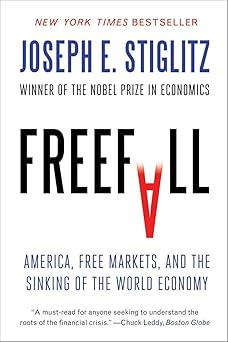
The recent financial crisis has had a profound impact on people worldwide, leaving deep scars and raising essential questions about the state of America's economy and the future of capitalism. Flawed government policy and unscrupulous behavior by individuals and corporations have been identified as major contributors to the crisis, which has sparked a global debate about the need for change. As we navigate this turbulent time, it's essential to examine the underlying theories that led us down this path. A Nobel Prize-winning economist, Joseph E. Stiglitz, has penned a lucid account of the crisis and the way forward, offering a compelling vision for a restoration of balance between government and markets. By tracing the origins of the Great Recession and demolishing the notion that America needs more bailouts and free passes, Stiglitz provides a detailed analysis of the crisis and its far-reaching consequences. He tackles some of the country's most pressing challenges, including healthcare, energy, the environment, education, and manufacturing, and offers a nuanced understanding of the global economic order that is shaping our world. Stiglitz's argument is not for a simplistic solution, but rather for a rebalancing of power and a re-examination of the underlying principles that govern our economy. As we move forward, it's clear that the system is broken, and our only hope for fixing it lies in understanding the root causes of the crisis and forging a new path that prioritizes both economic prosperity and social justice.
Discover this book on Amazon (affiliate link)
The End of Alchemy: Money, Banking, and the Future of the Global Economy
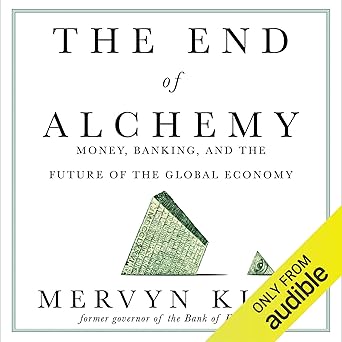
The way we think about and manage money and banking can be a complex and overwhelming topic, but what if I told you that the foundation of our modern capitalist system was built on two revolutionary ideas that are still with us today? In this groundbreaking book, the author, Mervyn King, takes us on a journey through the history of money and banking, revealing the true nature of these systems and their impact on our economy. King's personal experience as the head of the Bank of England for 10 years, including during the height of the financial crisis, gives him a unique perspective on the mechanisms of our capitalist society. He argues that the widespread adoption of paper money and the invention of banks that issued credit were the key factors in the Industrial Revolution, and that these systems have been the driving force behind our economic growth for centuries. However, King also reveals that these systems have inherent weaknesses that have led to some of the most devastating economic disasters in history, from hyperinflations to banking collapses. He draws on his experience to offer a fresh interpretation of these economic forces and to point the way forward for a more sustainable future. The book is a call to action, urging us to rethink our approach to finance and to find a way forward that prioritizes durability and prosperity over the alchemy of our financial past. By cutting through the complexity and offering a clear path forward, King's book is a must-read for anyone looking to understand the true nature of our economy and to find a way to create a more stable and prosperous future.
Discover this book on Amazon (affiliate link)
